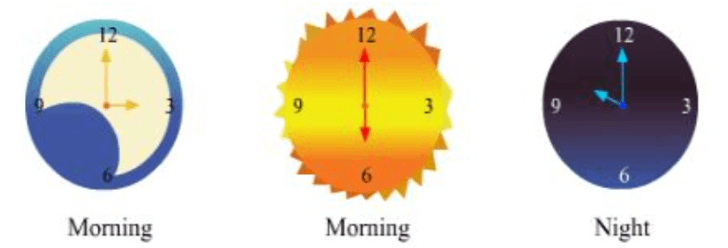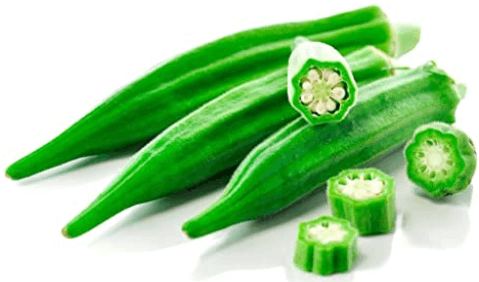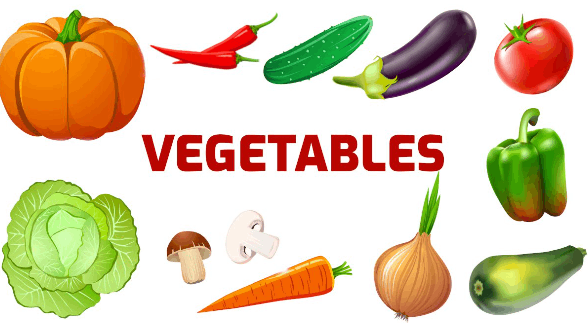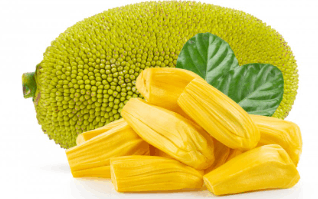NCERT Solutions For Class 4 Evs Chapter 15 From Market To Home - 2025-26
FAQs on NCERT Solutions For Class 4 EVS Chapter 15 From Market To Home (2025-26)
1. What is the correct method Vaishali's family uses to keep vegetables fresh, and why is it effective as per NCERT Chapter 15?
The correct method Vaishali's family uses is to sprinkle water on the vegetables regularly. This is effective because it prevents the vegetables from losing moisture and drying out, especially during the day. This simple step helps keep the vegetables looking fresh and crisp, which makes them more appealing to customers in the market.
2. What is the step-by-step reason Vaishali's father sells the previous day's vegetables first in the market?
Vaishali's father follows a logical method to avoid wastage. The primary reason is that vegetables are perishable and will spoil over time. By selling the older vegetables first, he ensures they are sold before they go bad. If he sold the fresh ones first, the previous day's stock would likely spoil, leading to a financial loss. This approach helps in minimising waste and maximising sales.
3. How can you solve the NCERT question about identifying vegetables with rough and smooth skin from Chapter 15?
To solve this, you need to think about vegetables you see at home or in the market. You can create two lists based on how their skin feels to the touch:
- Vegetables with Rough Skin: Examples include potato, bitter gourd, ginger, and yam. Their surface is uneven and not smooth.
- Vegetables with Smooth Skin: Examples include tomato, brinjal (eggplant), cucumber, and capsicum. Their surface is shiny and even.
This exercise helps develop observational skills as encouraged by the CBSE pattern.
4. What are the key signs to identify spoiled vegetables, based on the concepts in Class 4 EVS Chapter 15?
Based on the chapter's theme of keeping vegetables fresh, you can identify spoiled vegetables by looking for these signs:
- Bad Smell: Spoiled vegetables often have a foul or sour odour.
- Change in Texture: They might become overly soft, mushy, or slimy.
- Visible Mould: You might see fuzzy white, green, or black spots on the surface.
- Discolouration: The vegetable may have dark spots or an unusual colour.
- Wrinkled Skin: Excessive wrinkles indicate the vegetable has lost its moisture and is no longer fresh.
5. Based on the chapter 'From Market to Home', why must Vaishali's family start their day at 3 a.m.?
Vaishali's family must start their day at 3 a.m. because their work as vegetable sellers involves many steps that need to be completed before the market opens. Her father has to go to the mandi (wholesale market) very early to buy fresh vegetables for the day. The rest of the family helps sort the previous day's vegetables and prepare them for selling. This early start ensures they are ready to set up their stall on time.
6. How does the daily routine described in Chapter 15 illustrate the complete journey of vegetables from the mandi to a customer's home?
The chapter outlines the entire supply chain through the family's daily tasks. The journey begins with Vaishali's father buying vegetables from the mandi. Then, the family sorts and arranges these vegetables at home. Next, they take the produce to the local market and sell it throughout the day. This story helps us understand the hard work and multiple steps required to bring the food we eat from the farm to our plates.
7. Why is sorting vegetables an important step before selling them, as shown in the chapter?
Sorting vegetables is a crucial step for several reasons. First, it involves separating the fresh vegetables from the previous day's unsold ones. This helps in deciding which ones to sell first to avoid spoilage. Second, any damaged or spoiled vegetables are removed, ensuring that only good-quality produce is offered to customers. This maintains the seller's reputation and prevents waste from spreading.
8. How can the NCERT Solutions for 'From Market to Home' help in answering value-based questions about respecting different professions?
The NCERT Solutions help by explaining the difficult daily routine of a vegetable seller. By understanding the long hours, physical labour, and the entire family's involvement, students learn to appreciate the hard work behind this profession. It teaches the value of dignity of labour and encourages students to be respectful and kind to vegetable vendors and other community helpers, which is a key learning objective of the CBSE EVS syllabus for 2025-26.





























